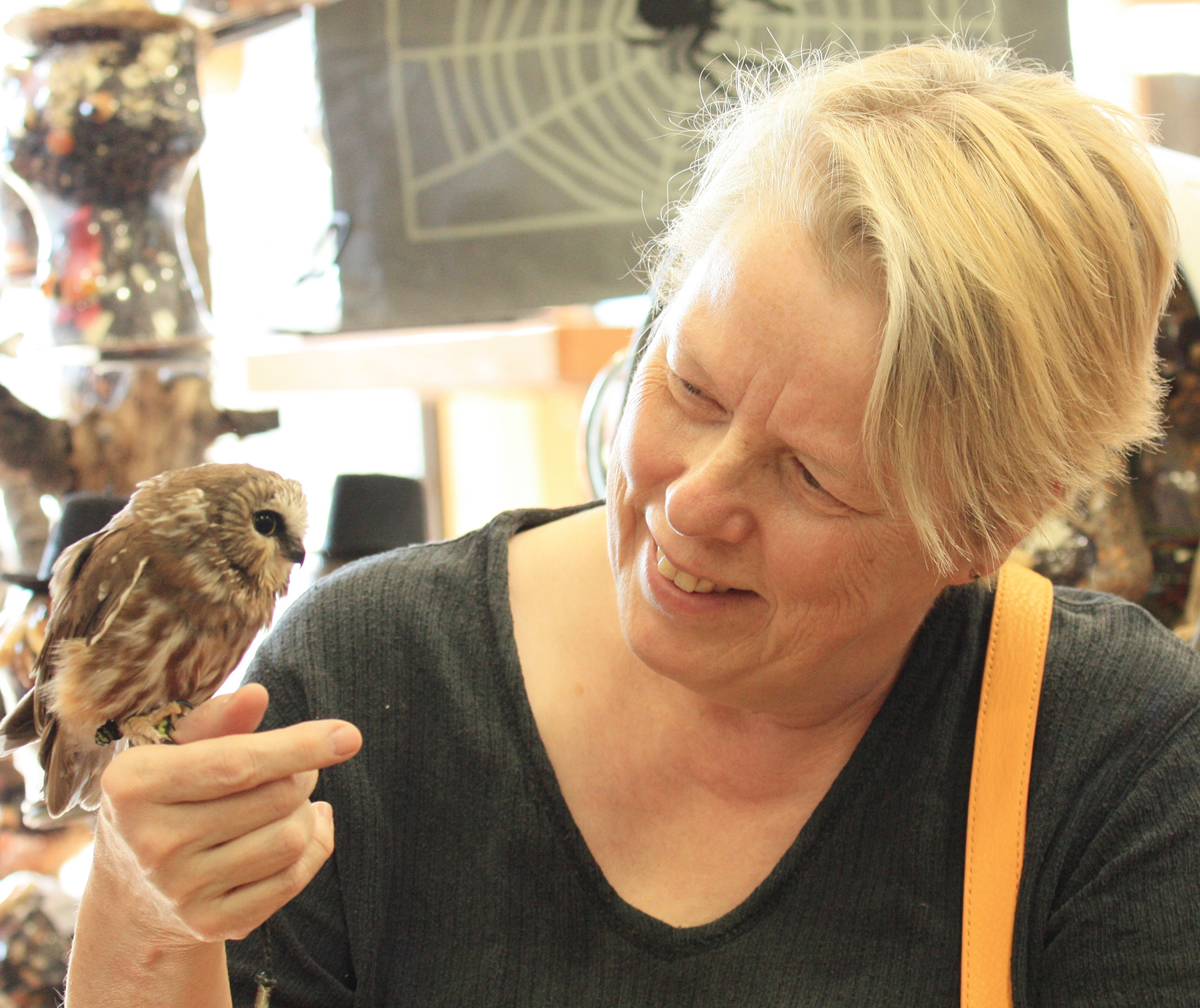This October will see the release of The Adventures of Isabel, a “postmodern mystery,” the first in a three-book series from Toronto’s ECW press. What’s surprising is that The Epitome Apartments Mysteries are by Edmonton’s Candas Jane Dorsey, the city’s most acclaimed speculative fiction author. As a writer, editor, publisher, and activist, Dorsey helped shape Canadian speculative fiction as a distinct movement within the SF genre… so why is she suddenly writing mysteries?
The truth is, Dorsey has always been genre-fluid, defying easy categorization. Although she has won critical acclaim within SF&F (the Tiptree, Crawford Fantasy, Prix Aurora Award, short listed for both the Spectrum and Sunburst Awards) hers was not your typical Star Trek-style sci-fi. Her genre writing could as easily have been shelved under feminist, Canadian or literary fiction.
Her novel, Black Wine, for example, is a foundational feminist work, not only for its themes, but its uniquely feminist story structure. Likewise, her short fiction: Long before interrogating gender identity became mainstream, Dorsey wrote without revealing the characters’ gender. Readers therefore had to confront their assumptions when they realized they had automatically — gratuitously — ascribed those roles.
Similarly, Dorsey successfully modelled for an entire generation of Canadian speculative writers what Canadian themes and style might look like in an otherwise American-dominated genre.
And Dorsey has always been a literary writer, moving seamlessly between mainstream and genre fiction, as evidenced by her award-winning collection, Vanilla and Other Stories.
“Despite being categorized mainly as a genre writer in speculative fiction,” Dorsey says, “the reality is, I write what I want to and the marketplace puts a label on it afterward. I write ‘mainstream,’ slipstream,’ ‘fantasy,’ ‘science fiction,’ ‘magic realism,’ ‘mystery’ — and it’s all just ‘writing’ to me. My novels and my four short fiction collections have all mixed up the tropes of genre in complicated ways. So perhaps one could say I’ve broken genre stereotypes the same way I broke gender stereotypes.”
